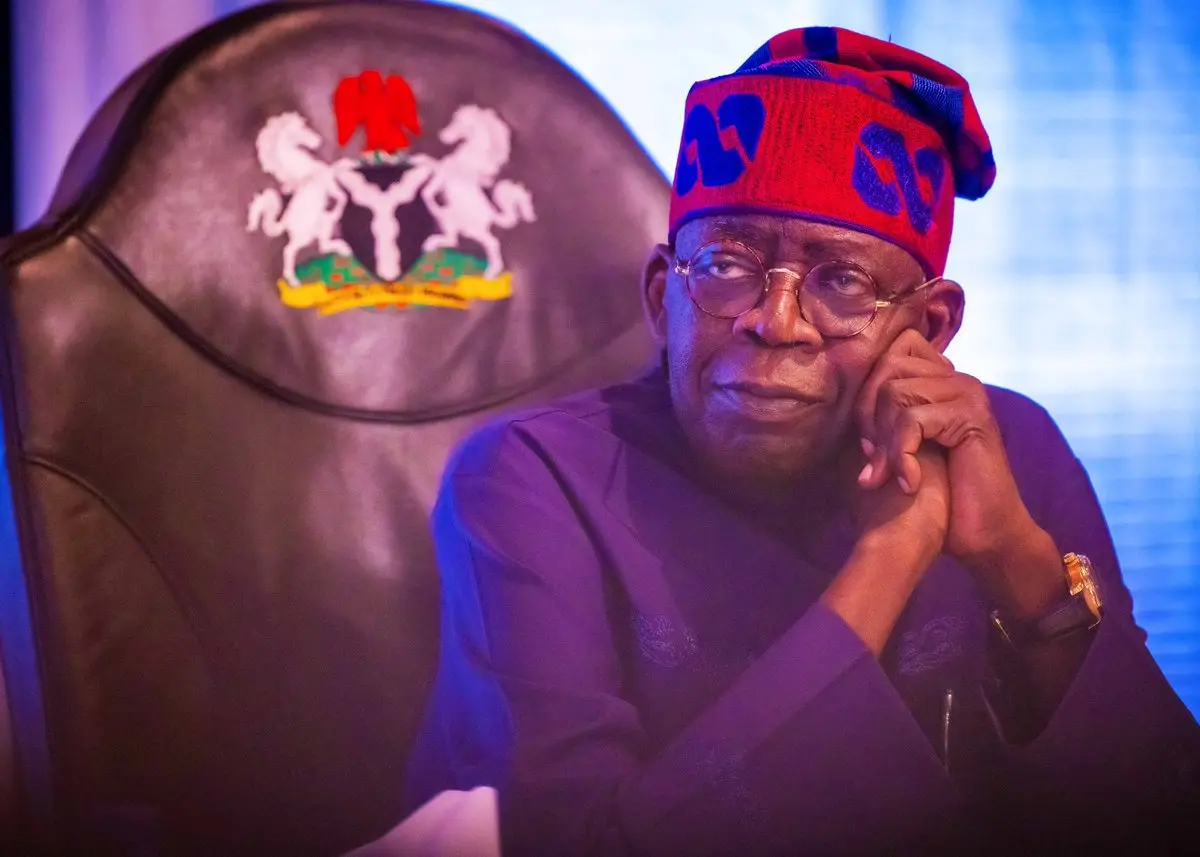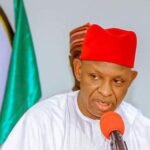As various ministries, departments and agencies (MDAs) took their turn at the National Assembly to defend their respective 2024 budget proposals, it became obvious that the attention given to education in the budget is awesomely worrisome. President Bola Tinubu on November 29, 2023 presented a budget of N27.5 trillion for the 2024 fiscal year to a joint session of the National Assembly.
We note that the president, while presenting the budget tagged ‘Budget of Renewed Hope’, identified human capital development as one of his priority areas but the details of the allocations did not reflect that commitment.
While governance is critical to the development of a nation, only a well-funded system of education can guarantee the good leadership needed to drive the country to good governance. This makes quality education indispensable for national development. President Tinubu, was probably alluring to this hypothesis when, said “the 2024 budget prioritised human capital development with particular attention given to children because human capital remains the most critical resource for national development.”
Without any intent to downplay other levels of the system, basic education occupies a strategic position in the well-being of a nation, which is why what goes on in the sector should matter to citizens. Nigerians should be worried that, rather than having substantial improvement in the 2024 budget, the story remains unchanged. In the past 15 years, Nigeria’s budgetary allocation to education consistently kept fluctuating between 5 and 10 per cent of the total budget size. In 2017 for example, education was allocated N605.8 billion representing 7.04 per cent of the total budget. While it received N580 billion representing 4.43 per cent of the total budget size of N13.08 trillion in 2021, it was allocated N888.82 billion representing 5.42 per cent of the total budget size of N16.39 trillion in 2022.
- Minister urges collaborative effort to address out-of-school children, strikes
- Yuletide: Osoba visits Tinubu
In the 2024 budget proposal currently before the National Assembly, education has a sectorial allocation of N1.438 trillion representing 5.23 per cent of the total budget size. While recurrent expenditure (personnel and overhead put together) received N1.1 trillion, total capital expenditure for the entire education sector including the Universal Basic Education Commission (UBEC) was allocated N330.3 billion; a commitment far below the recurrent expenditure.
Given the level of infrastructural decay in most public basic schools across the 36 states of the federation, the proposed capital expenditure for the education sector in the 2024 budget is not likely to make significant impact. School enrolment figures are huge and the state of infrastructural dilapidation is overwhelming.
Speaking while briefing the Honourable Minister of Education, Prof. Tahir Mamman in September 2023, the Executive Secretary of UBEC, Dr Hamid Bobboyi noted that “Nigeria needs additional 20,000 schools and 907,769 classrooms to absorb the frightening number of the out-of-school children in the country”, which a 2022 UNESCO report put at 20 million of its 200 million population. Statistics from the 2022 National Personnel Audit (NPA) conducted and released by UBEC in June 2023 revealed that Nigeria has a total enrolment figure of 47 million pupils in 177,027 basic schools.
An average class in public basic schools is crowded with over 50 pupils. Where parents cannot provide classroom furniture, children sit on the bare floor or share desks; sometimes under a tree. Yet, leaders call children left to endure this huge set of challenges ‘leaders of tomorrow.’ Addressing this myriad of challenges confronting basic education requires greater than the skimpy annual budgetary attention the government is giving to education. However, the severity of the challenges could have been reduced if the little resources available were prudently utilised.
The constant failure by many state Universal Basic Education Boards (UBEBs) to account for counterpart funds received from UBEC further worsens the state of basic education in states. Many state and local governments also pay little attention to education in their budgets. It must be made clear that primary and secondary education is the exclusive preserve of these two tiers of government.
Daily Trust believes that there is the need for all tiers of government to refocus attention on the delivery of quality education by not only allocating adequate money to the sector but also ensuring that what is allocated is effectively utilised.
The earlier we give education the attention it deserves the better for the nation’s future.

 Join Daily Trust WhatsApp Community For Quick Access To News and Happenings Around You.
Join Daily Trust WhatsApp Community For Quick Access To News and Happenings Around You.


